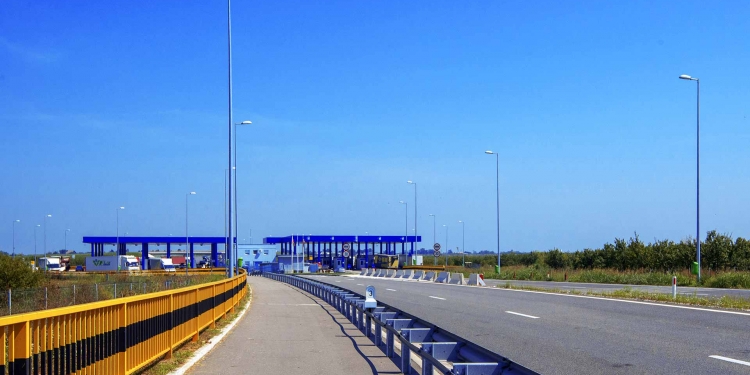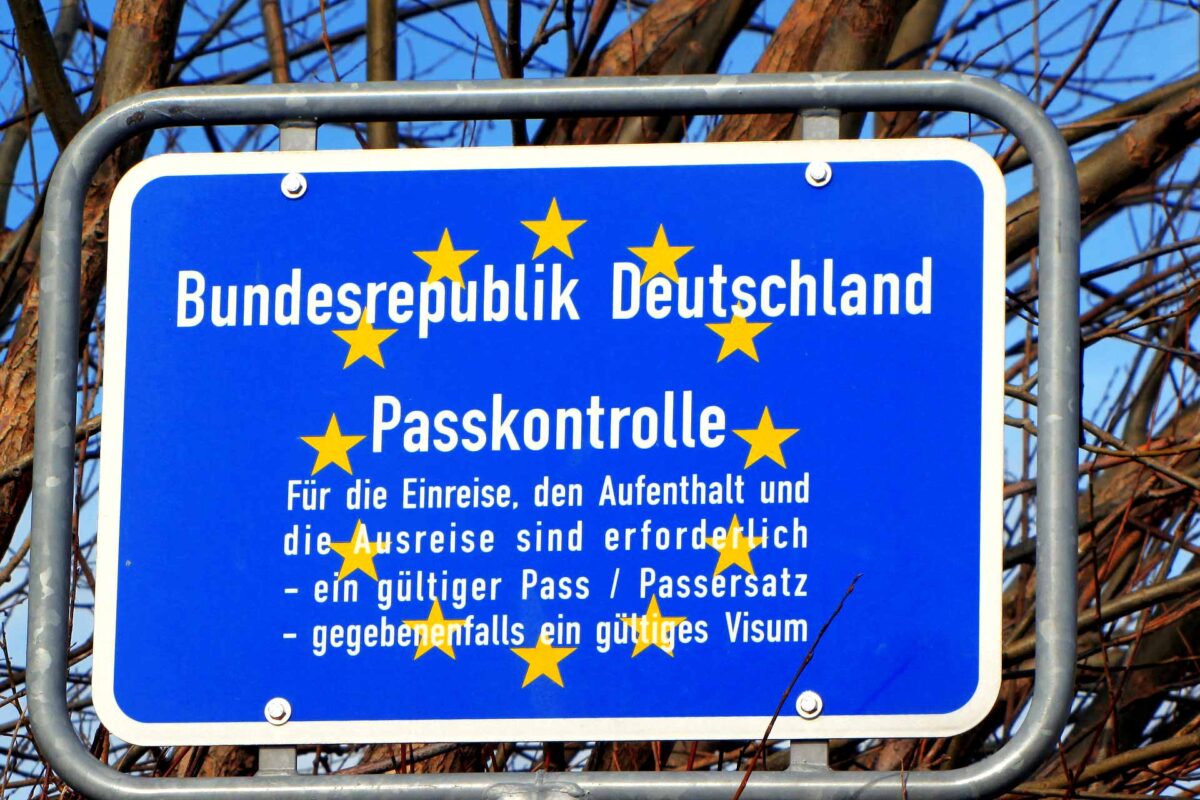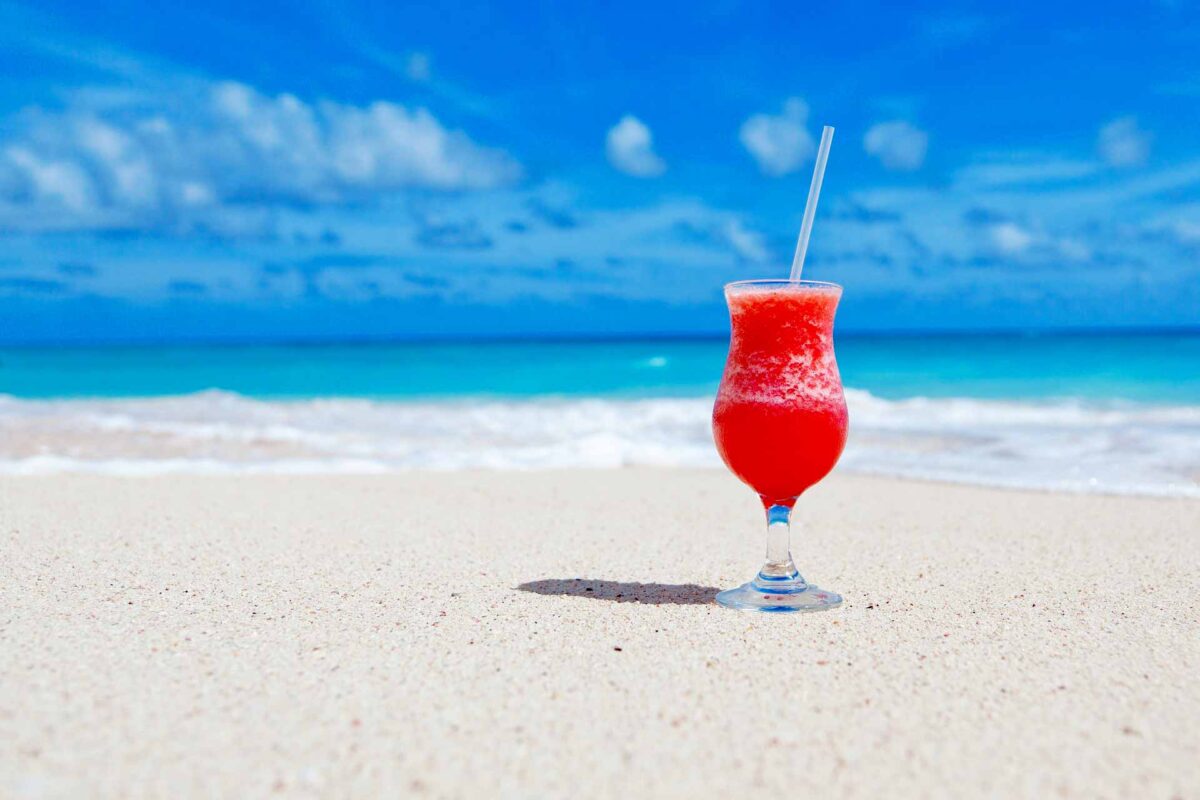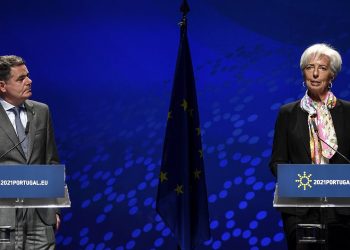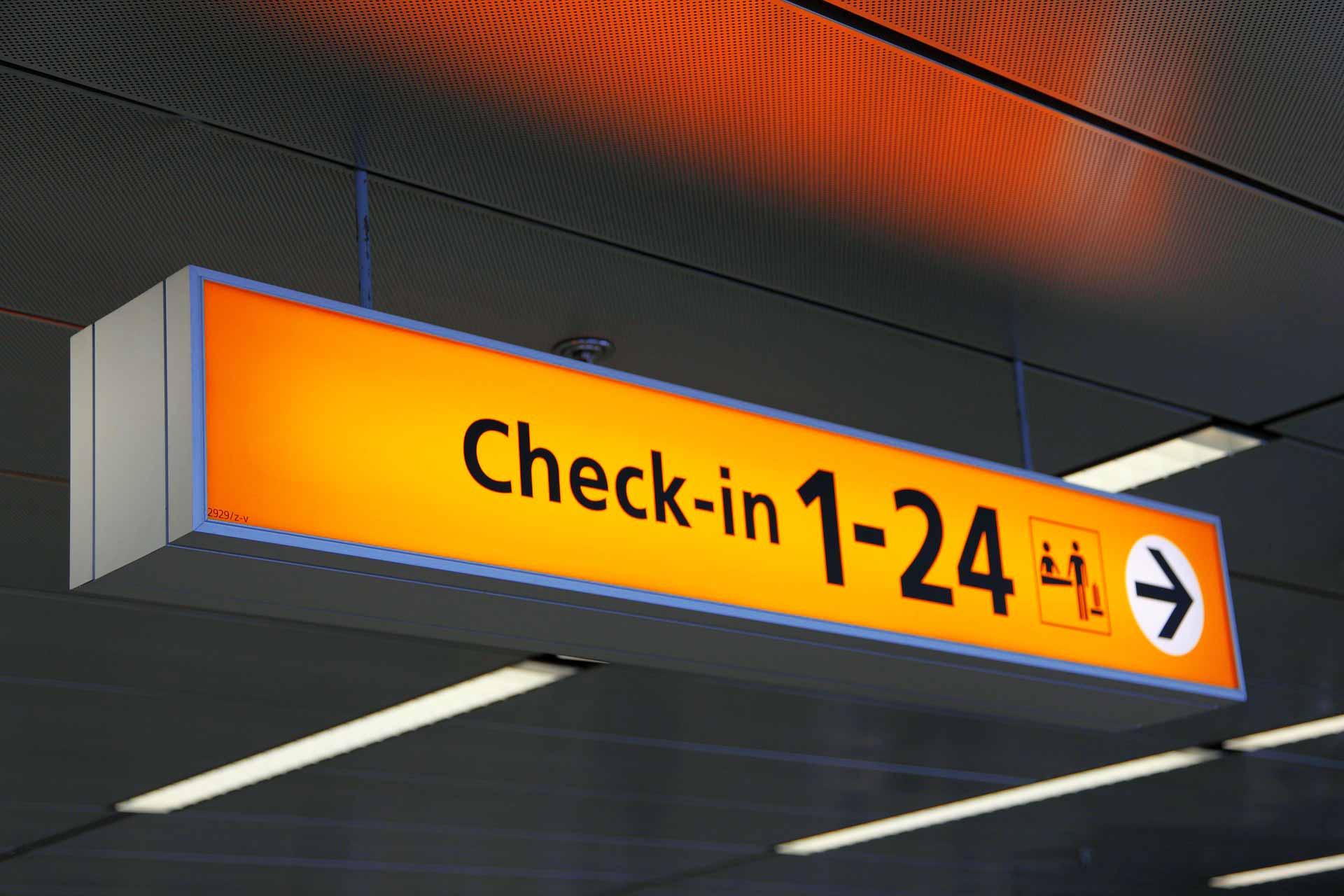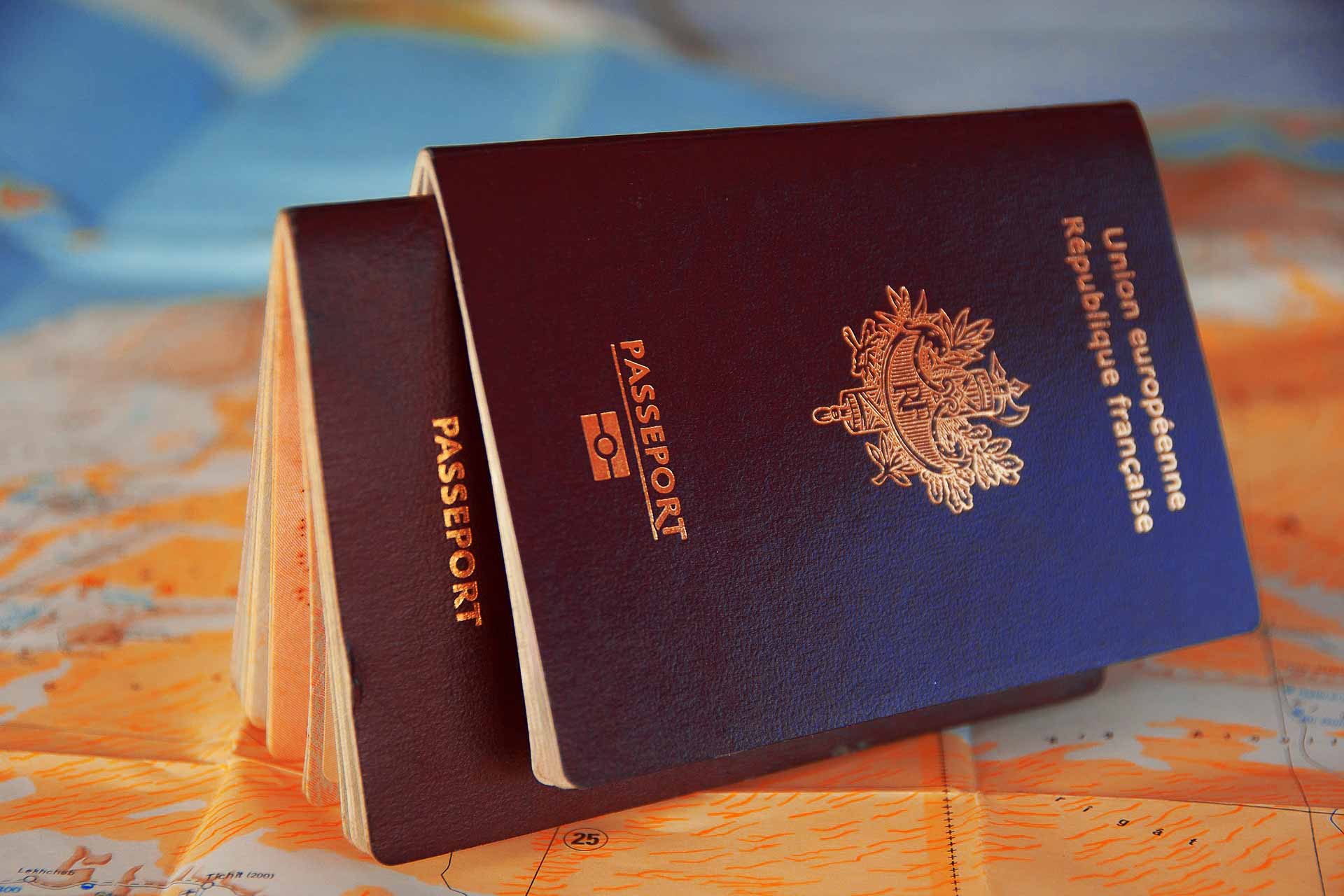On 8 May, the European Commission invited the Schengen members and associated states to extend the current travel ban for all non-essential travel to the European Union for another 30 days, until 15 June 2020. Initially the restrictions applied from 17 March for a period of 30 days, but this period had been extended and now is due to come to an end on 15 May. The intention is that an extension of the restrictions should be implemented by all EU and Schengen states at all external borders with the same end date and in a uniform manner.
EU Travel ban for all non-essential moves
While we can see encouraging first results, prolonging the travel restriction is necessary to continue reducing the risks of the disease spreading further. We should not yet let the door open whilst we are securing our house
Margaritis Schinas, Vice-President for Promoting our European Way of Life
Travel restriction is necessary
“The Commission’s assessment of the current situation points to a continued rise in the number of new cases and deaths across the EU, as well as to the progression of the pandemic outside of the EU, including in countries from where millions of people usually travel to the EU every year,” the Commission said. “In this context, prolonging the travel restriction is necessary to reduce the risk of the disease spreading further.”
EU citizens separation
Many families have endured long periods of separation to help stem the tide of the virus. As soon as the epidemiological situation allows it, people should to be able to travel safely to be reunited with their families, as well as for business or leisure. The first step to make this possible is that the domestic epidemiological situation allows relaxation of domestic free movement restrictions.
Travelling abroad will depend on the evolution of the public health situation in Member States. While a generalised lifting of restrictions would be desirable if the health situation were sufficiently positive across the Union, the Commission anticipates that a staged and coordinated approach is likely to be necessary. This would start by lifting restrictions and controls between regions and Member States with sufficiently similar epidemiological situations. The approach must also be flexible, including the possibility to reintroduce certain measures if the health situation requires.
We will continue assisting Member States in all these strands of work. Internal market must continue to function properly.
Ylva JohanssonCommissioner for Home Affairs
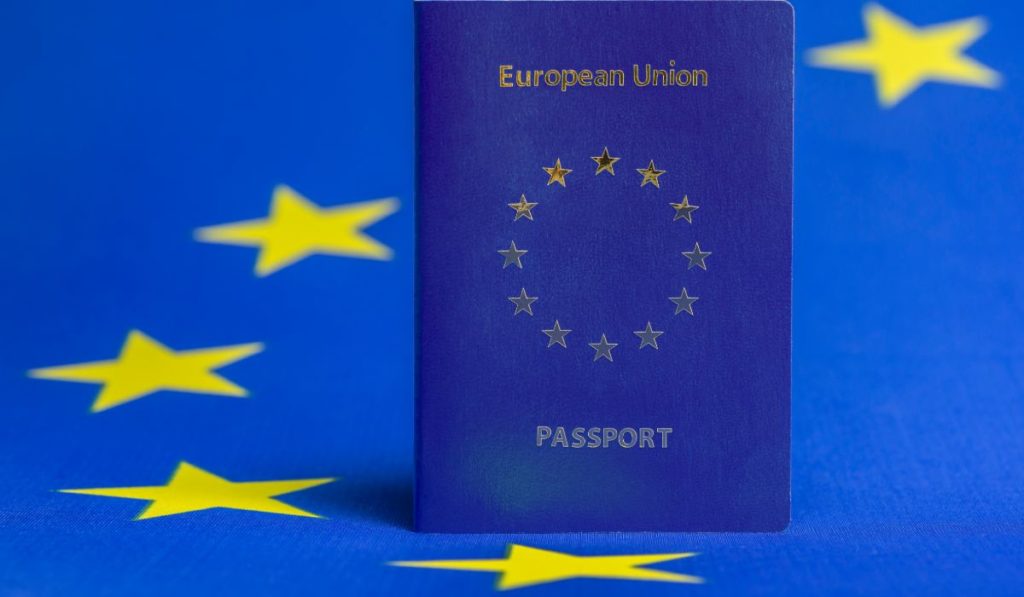
The Schengen Borders Code
Who can order re-OPEN borders?
The Schengen Borders Code provides Member States with the capability of temporarily reintroducing border control at the internal borders in the event that a serious threat to public policy or internal security has been established.
The reintroduction of border control at the internal borders must remain an exception and must respect the principle of proportionality. The scope and duration of such a temporary reintroduction of border control at the internal borders is limited in time and should be restricted to the bare minimum needed to respond to the threat in question. Reintroducing border control at the internal border should only ever be used as a measure of last resort.
The reintroduction of border control is a prerogative of the Member States. The Commission may issue an opinion with regard to the necessity of the measure and its proportionality but cannot veto such a decision if it is taken by a Member State.
Current Temporarily Reintroduced Border Controls
EUROPE Border crossing conditions
Temporarily reintroduced border controls in the context of cases requiring immediate action:
- Iceland (24 April – 3 June 2020)
Coronavirus COVID-19; all internal borders; - Slovakia (8 April – 27 May 2020)
Coronavirus COVID-19; all internal borders; - Belgium (20 March – 19 May 2020)
Coronavirus COVID-19; all internal borders.
Temporarily reintroduced border controls in the context of foreseeable events:
- Germany (16 May – 15 June 2020)
Coronavirus COVID-19; land and air borders with Austria, Switzerland, France, Denmark, Italy and Spain, sea border with Denmark; - Germany (12 May – 11 November 2020)
Secondary movements, situation at the external borders; land border with Austria; - Estonia (18 May – 16 June 2020)
Coronavirus COVID-19; internal air and sea borders; - Spain (10 May – 24 May 2020)
Coronavirus COVID-19; all internal borders; - Portugal (15 May – 15 June 2020)
Coronavirus COVID-19; land border with Spain; - Poland (14 March – 12 June 2020)
Coronavirus COVID-19; land borders with Czechia, Slovakia, Germany, Lithuania, sea borders, air borders; - Hungary (12 May – 11 November 2020)
Coronavirus COVID-19; all internal land and air borders; - Finland (19 March – 14 June 2020)
Coronavirus COVID-19; all internal borders; - Lithuania (14 May – 31 May 2020)
Coronavirus COVID-19; all internal borders; - Czechia (14 May – 13 June 2020)
Coronavirus COVID-19; land borders with Austria and Germany, air borders; - Austria (8 May – 31 May 2020)
Coronavirus COVID-19; land borders with Germany, Italy, Switzerland, Liechtenstein, Slovakia and Czechia; - Belgium (19 May – 8 June 2020)
Coronavirus COVID-19; all internal borders; - Switzerland (14 May – 8 June 2020)
Coronavirus COVID-19; all internal air and land borders except from borders with Liechtenstein; - Austria (12 May 2020 – 11 November 2020)
Secondary movements, risk related to terrorists and organized crime, situation at the external borders; land borders with Hungary and with Slovenia; - Sweden (12 May – 11 November 2020)
Terrorist threats, shortcomings at the external borders; to be determined but may concern all internal borders; - Denmark (12 May – 12 November 2020)
Coronavirus COVID-19 (to the extent necessary), terrorist threats, organized criminality; all internal borders; - France (1 May – 31 October 2020)
Coronavirus COVID-19; continuous terrorist threat and risk of terrorists using the vulnerability of States due to COVID-19 pandemics; support to measures aiming at containing the spread of virus; all internal borders; - Norway (12 May – 11 November 2020)
Terrorist threats, secondary movements; ports with ferry connections with Denmark, Germany and Sweden; - Norway (15 May – 13 August 2020)
Coronavirus COVID-19; all internal borders.
Open Borders in Western Balkans – EU travel
The Commission is also ready to associate the Western Balkans closely with the implementation of its Joint Roadmap towards lifting COVID-19 containment measures, in line with the Commission’s Communication on “Support to the Western Balkans in tackling COVID-19 and the post-pandemic recovery”.
Member States should regularly communicate on the state of play of restrictions. This is necessary to ensure that people crossing borders can plan and act on the basis of transparent information and full awareness of the situation, allowing them to take up their individual responsibility in following health recommendations when travelling.
EU Travel restrictions for Schengen “EU+ area”
When will France open borders against mini-Schengen plan?
The travel restrictions concern the “EU+ area” which covers a total of 30 countries. It includes all Schengen states including Bulgaria, Croatia, Cyprus, and Romania and the four Schengen associated states Iceland, Liechtenstein, Norway, and Switzerland.
In light of the implemented travel restrictions, it is important for third country nationals to cancel or reorganise for a later point in time their planned business trips and assignments to the EU, unless they hold a valid residence permit in one of the EU member states. Global mobility managers should adapt their mobility programmes in Europe taking into account these new measures.
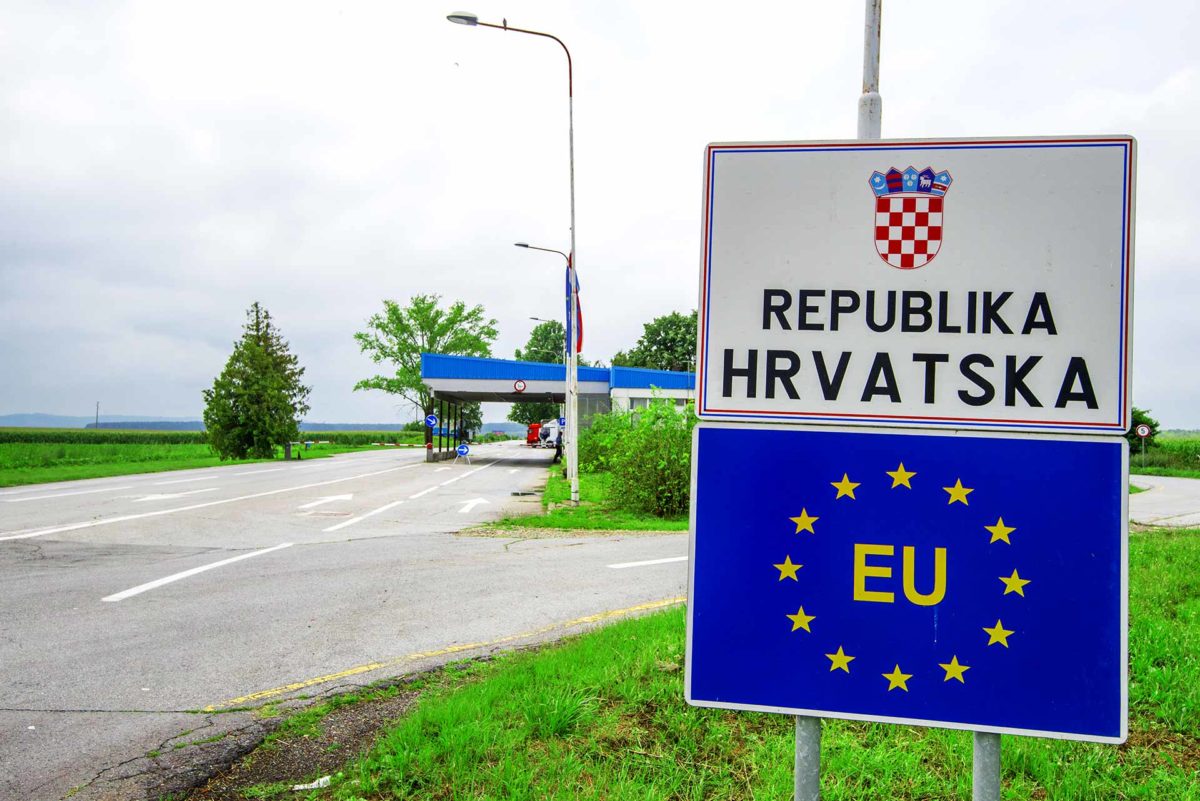
EU and Schengen States cooperation
The Commission calls for a continued coordinated approach to the prolongation, as action at the external borders can only be effective if implemented by all EU and Schengen States at all borders, with the same end date and in a uniform manner.
The travel restriction does not apply to EU citizens, citizens of non-EU Schengen countries and their family members, and non-EU nationals who are long-term residents in the EU for the purpose of returning home. In addition, to limit to the minimum the impact of the restriction on the functioning of our societies, Member States should not apply the restrictions to specific categories of travellers with an essential function or need.
Return to borderless Europe after COVID-19 will be difficult
On 13th May, EU Commission presented a package of guidelines and recommendations to help Member States gradually lift travel restrictions and allow tourism businesses to reopen, after months of lockdown, while respecting necessary health precautions.
Migration – Border controls
Following the 2015 migration crisis, six European countries introduced some level of border controls – Germany, Austria, Denmark, Sweden, France, and Norway. Today many Schengen borders are closed and it will be difficult to reOpen. Schengen countries must collectively lift border controls in compliance with Schengen regulations.
Tourism and EU Travel ban
The Commission’s guidance aims to offer people the chance to get some well-needed rest, relaxation and fresh air. As soon as the health situation allows, people should be able to catch up with friends and family, in their own EU country or across borders, with all the safety and precautionary measures needed in place.
The package also aims to help the EU tourism sector recover from the pandemic, by supporting businesses and ensuring that Europe continues to be the number one destination for visitors.
Safely restoring freedom of movement and lifting internal border controls:
Free movement and cross-border EU travel are key to tourism. As Member States manage to reduce the circulation of the virus, blanket restrictions to free movement should be replaced by more targeted measures. If a generalised lifting of restrictions is not justified by the health situation, the Commission proposes a phased and coordinated approach that starts by lifting restrictions between areas or Member States with sufficiently similar epidemiological situations.
Cross-border FREE movement Criteria
The Commission is inviting Member States to engage in a process of re-opening unrestricted cross-border movement within the Union on the basis of 3 criteria:
- epidemiological, notably focusing on areas and Member States where the situation is improving, based on the regional map being developed by the European Centre for Disease Prevention and Control;
- the ability to apply containment measures (e.g. physical distancing, hygiene) throughout the whole journey, including at border crossings and;
- economic and social considerations, prioritising cross-border movement in key areas of health, social and economic activity.
EU TRAVEL
Tourism Statistics – Numbers
Europe is home to a vibrant tourism ecosystem. Travel, transport, accommodation, food, recreation or culture, contribute to almost 10% of EU GDP and provide a key source of employment and income in numerous European regions. 267 million Europeans (62% of the population) make at least one private leisure trip per year and 78% of Europeans spend their holidays in their home country or another EU country.
EU Travel : 385 million tourism trips – €190 billion
The tourism ecosystem has also been one of the most affected by the heavy restrictions on movement and travel imposed in the wake of Coronavirus outbreak. The World Tourism Organisation (UNWTO) foresees a 60% to 80% reduction in international arrivals, amounting to losses of between €840 and €1.100 billion in export revenues worldwide. In Europe, the summer is a crucial season for tourism:during an average summer season (June-August) residents of the EU make 385 million tourism trips and spend €190 billion.

